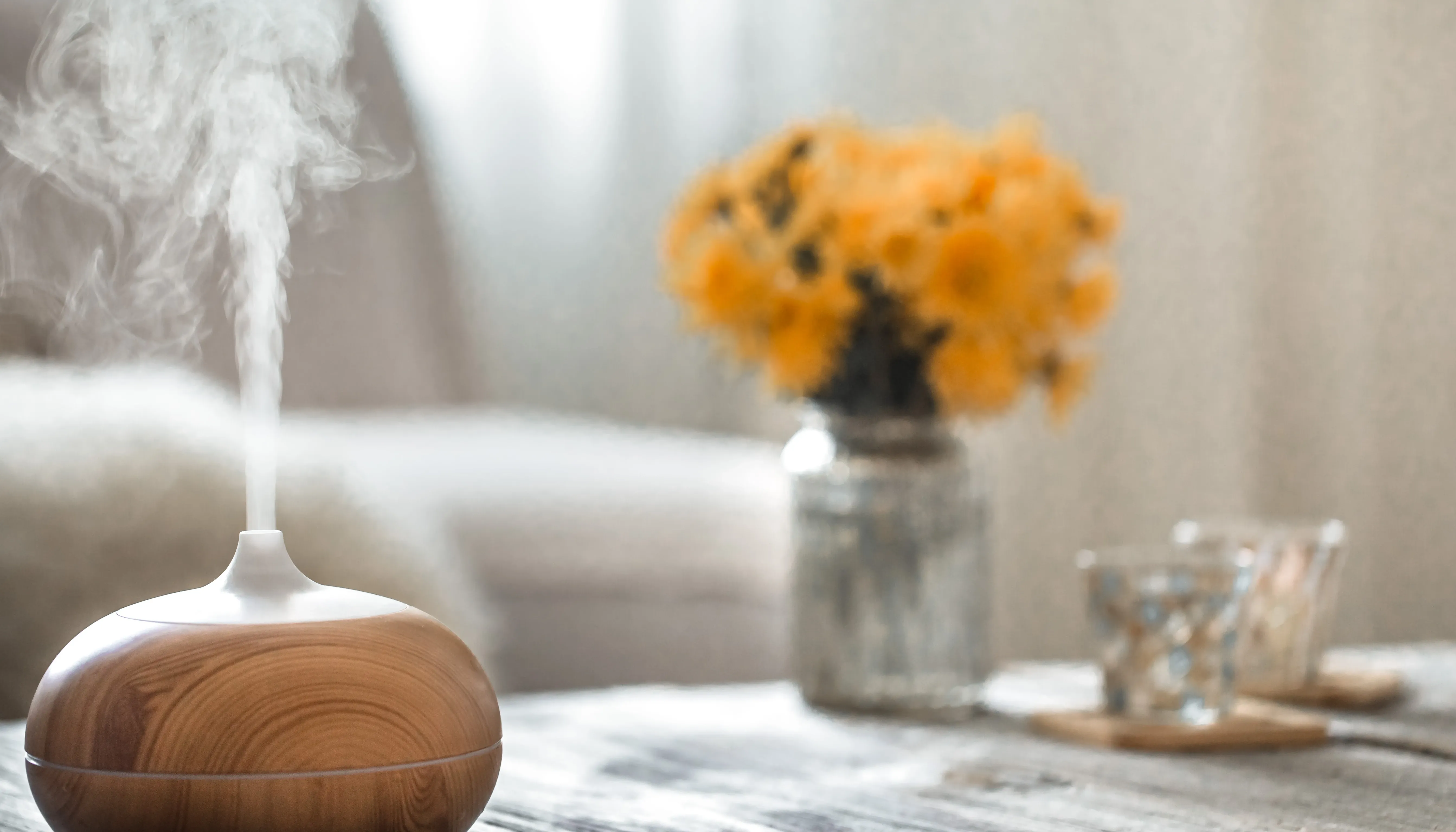
How To Choose The Best Humidifiers
Ever wonder how you feel like the air in your room is pure dryness, or if your skin is waking up drier than last week’s toast? Before your bedroom starts auditioning for the Sahara, here’s what to look for so your humidifier really turns your home into the comfy, breathable oasis you deserve.
1. Consider the size
You want a humidifier that can cover the area of your room or home. Humidifiers are rated by how much moisture they can output per day, usually in gallons. A small humidifier may be enough for a bedroom, while a large one may be needed for a living room or a whole house.
2. Operating design
Your first decision is which type of humidifier to choose. Room humidifiers come in four main designs:
Evaporative humidifiers use a fan to push air through a damp wick, filter, or belt, turning water into cool mist that spreads through the room; affordable and quiet but need frequent cleaning to prevent mold.
Impeller humidifiers use a rotating disc to fling water onto a diffuser, creating cool mist droplets that spread through the air; effective but can be noisy.
Ultrasonic humidifiers create a cool mist by vibrating ceramic plates at ultrasonic frequency, breaking water into fine droplets; very efficient but may leave dust and worsen allergies.
Steam humidifiers use electricity to heat water into steam, releasing clean moisture into the air; good moisture but poses burn risk to kids and pets.
3. Safety and health features
You may also want to look for some extra features that can enhance your humidifier experience. For example, some humidifiers have a humidistat that can automatically adjust the humidity level according to your preference. Some have a timer that can turn the humidifier on or off at a set time. Some have a filter that can remove impurities from the water. Some have a night light that can create a soothing ambiance.
4. Cool mist vs. Warm mist
Your humidifier choice often comes down to warm mist vs. cool mist. Warm mist models superheat water to kill mold and bacteria, give higher moisture, work with medicated products, run quietly, and add heat in cold weather. Cool mist units are safer for kids and pets, more energy-efficient, cool the air in summer, and cover larger spaces. Some even purify the air, though they cost more.
5. Humidifiers vs. Diffusers
It’s easy to mix them up. They look alike and both affect your air. Here’s how they differ:
Diffuser: A small device with a tiny tank that spreads essential oils for aromatherapy. It adds just a hint of moisture.
Humidifier: A larger appliance built to add significant moisture to balance indoor air.
Hybrid models: Some humidifiers include oil trays, letting you enjoy aromatherapy and better humidity at once.
See also: Humidifiers vs. Vaporizers: Which is Best for You?
Why You Should Trust Us
When it comes to humidifiers, you deserve reliable information, not guesswork. That’s why our reviews and buying guides are built on a foundation of research and expert insight. We consult indoor air specialists, published studies, and trusted sources to ensure every recommendation is grounded in fact.
We evaluate performance, efficiency, ease of cleaning, and health benefits to identify the right models for different rooms, climates, and personal needs. And because we’re completely independent, you can trust that our advice is free from conflicts of interest.
Our mission is simple: to help you find a humidifier that makes your air cleaner, your sleep deeper, and your home more comfortable.
Final Thoughts
Whether you’re a home gadget pro or just tired of cracked lips, there’s a humidifier for you. I’ve had several, and each has its own perks.
My top pick? Honeywell Mini Cool Mist Humidifier. Powerful, whisper-quiet, and stylish. For beginners, Dreo Smart Humidifier is easy to use, remote-controlled, and compact. Need something small? SUPNOVA Dynamic Jellyfish Air Humidifier or Crane Drop Ultrasonic Cool are efficient but need more refills.
Humidifiers aren’t just gadgets; they protect your skin, help you breathe, and make any room cozier. Find your match and breathe easy.
FAQs
1. How do I know if I need a humidifier?
You may need a humidifier if you experience symptoms of dry air, such as dry skin, chapped lips, nosebleeds, coughing, sneezing, or congestion. You can also use a hygrometer to measure the humidity level in your home. The ideal range is between 30% and 50%. If it's lower than that, you may benefit from a humidifier.
2. Is it good to sleep with a humidifier?
Yes. Sleeping with a humidifier at night can aid in a number of discomforts such as dry skin, bloody noses, sinus problems, and breaking up a cough. A humidifier can also help you breathe easier and can, therefore, increase your sleep quality.
3. Do I need to clean my humidifier?
Yes. You should clean your humidifier at least once a week to prevent the growth of mold, bacteria and mineral deposits. Follow the manufacturer's instructions on how to clean your specific model. You may need to use vinegar, bleach or hydrogen peroxide to disinfect the tank and other parts.
4. Do I need to use my humidifier regularly?
Yes. But it depends on your climate too. In dry regions, you’ll likely run it often to keep humidity comfortable. In humid areas, use mostly in winter, when heating systems dry out the air.
5. Where should you not put a humidifier?
DO placing standalone humidifiers on a raised surface to prevent moisture damage and mold. DON’T put near kids, pets, carpets, and electronics.




















